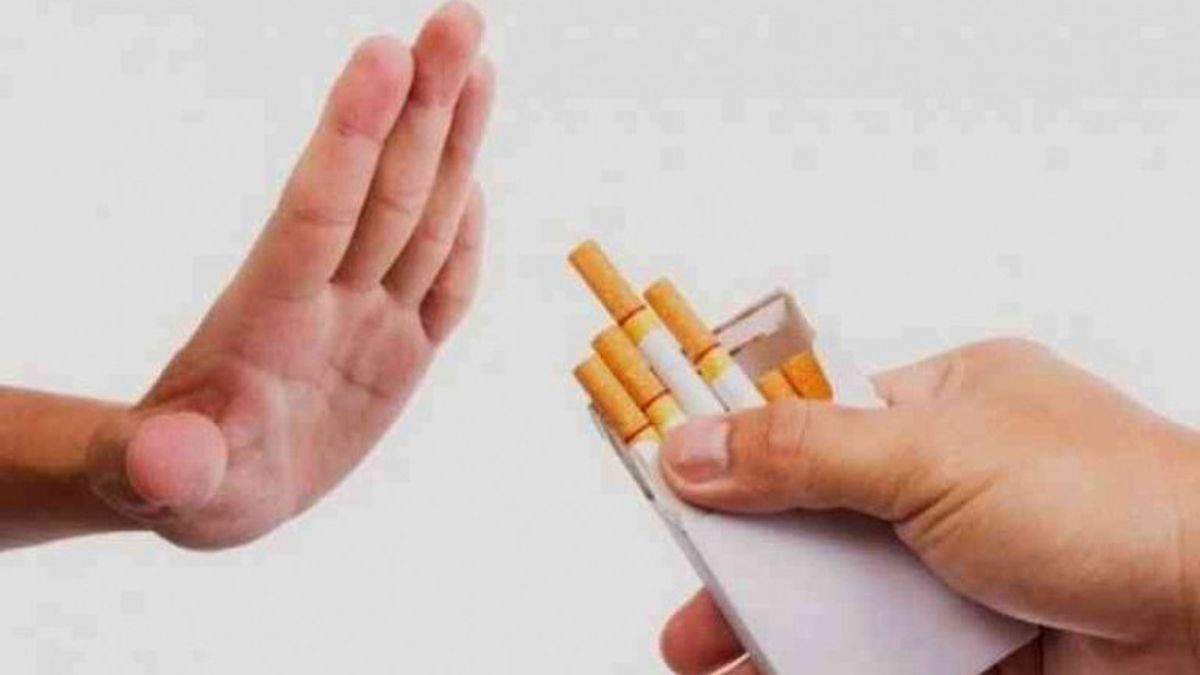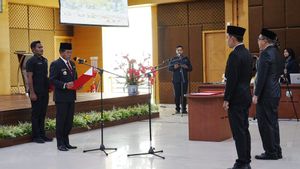JAKARTA - The government through the Ministry of Finance (Kemenkeu) said that the adjustment of tobacco excise tariffs (CHT) for the next two years will have a positive impact on improving the quality of healthy and productive human resources (HR).
Minister of Finance (Menkeu) Sri Mulyani said the determination of the CHT tariff adjustment policy had taken into account the economic, employment, sustainability of the cigarette industry, and efforts to control the circulation of illegal cigarettes.
"The government has set a target of reducing smoking prevalence, especially for ages 10-18 years by 8.7 percent in 2024," he said in a press statement on Monday, December 19.
The Minister of Finance revealed that the decline in smoking prevalence in children can have a positive impact not only in terms of the health budget aspect but also in improving public health.
"This is a form of commitment to continue to improve the quality of Indonesia's human resources which are one of the prerequisites for strengthening national productivity in order to achieve the vision of an Advanced Indonesia 2045," he stressed.
According to the Minister of Finance, the policy of increasing CHT rates pays attention to the interests of tobacco farmers and the workforce of the national tobacco industry.
"The policy of making CHT tariff adjustments has also taken into account the macroeconomic side, especially in the midst of the domestic economic situation which continues to strengthen during the national economic recovery period," he said.
The state treasurer acknowledged that the 10 percent average increase in CHT tariffs is expected to cause an increase in inflation in the range of 0.1 percent to 0.2 percent.
"This impact on economic and labor growth is estimated to be relatively small," he stressed.
For information, the location of the health management budget for the impact of smoking reached IDR 17.9 trillion IDR 27.7 trillion per year.
Of this total cost, there are IDR 10.5 trillion - IDR 15.6 trillion which is a maintenance fee issued by BPJS Kesehatan or equivalent to 20 percent 30 percent of the JKN Contribution Assistance Recipient (PBI) subsidy per year of IDR 48.8 trillion.
Meanwhile, the value of CHT's yield-sharing fund (DBH) will increase from 2 percent to 3 percent and will be used to improve the quality of raw materials, industrial development, social environmental development, social dissemination of regulations in the field of excise, and eradication of illegal goods.
Through the CHT profit-sharing fund, we continue to increase support for farmers and laborers as well as tobacco workers and cigarette workers. If we look at 2022 and 2023 compared to the policy regarding DBH CHT in 2020 and 2021, he explained.
The English, Chinese, Japanese, Arabic, and French versions are automatically generated by the AI. So there may still be inaccuracies in translating, please always see Indonesian as our main language. (system supported by DigitalSiber.id)













